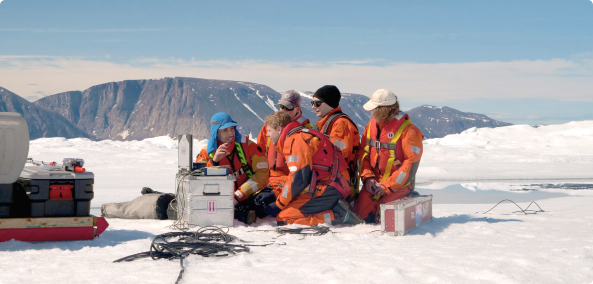Aymar de Lichtervelde, a process engineer who is in charge of the water treatment system of the Princess Elisabeth Antarctica (PEA) Research Station, spent 21 days in Antarctica with the BELARE team during the 2020 - 2021 season.
While only in Antarctica a short time, he was able to make a lot of progress in his continuing mission to improve the water production and treatment systems at the station.









